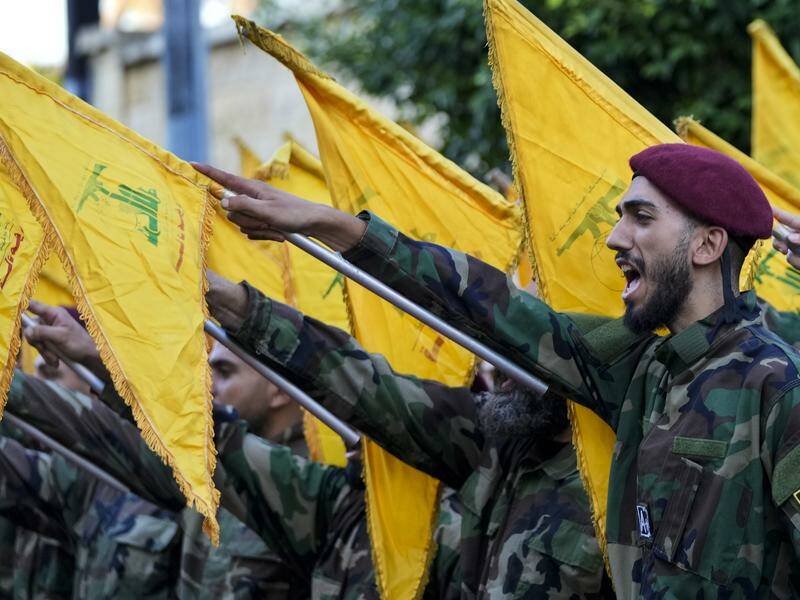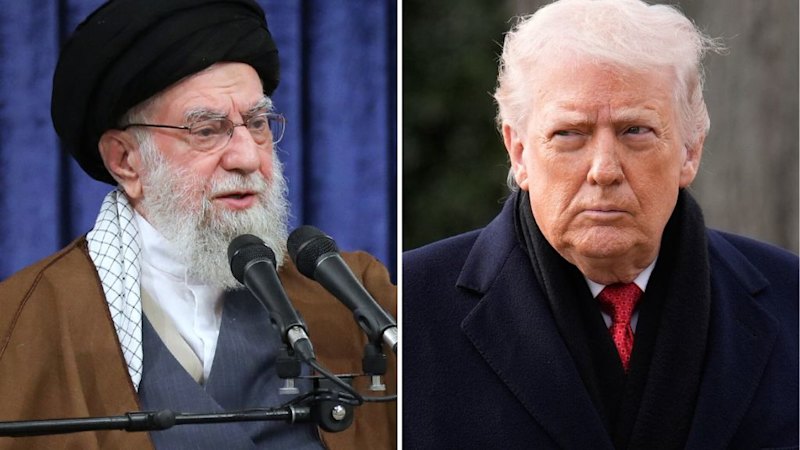
Prime Minister Benjamin Netanyahu announced that Israel is ready to assist Lebanon in its efforts to disarm Hezbollah, following a recent decision by the Lebanese cabinet to endorse a US-backed disarmament plan. This initiative aims to curb the military capabilities of the Iran-backed group, a move that has generated significant debate within Lebanon.
Earlier this month, Lebanon’s cabinet approved the objectives of a framework presented by Tom Barrack, a US envoy, which outlines a comprehensive roadmap for disarming Hezbollah and other armed factions. Netanyahu’s office indicated that should the Lebanese Army begin implementing this plan, Israel would consider reciprocal measures, including a reduction of its military presence along the border, in coordination with a US-led security mechanism.
The disarmament proposal represents the most detailed strategy yet to address Hezbollah’s military power, which has been a contentious issue in Lebanon. The group has consistently rejected calls to disarm, especially following the devastating conflict with Israel in late 2024 that left significant parts of Lebanon in ruins.
A US-brokered ceasefire in November 2024 brought an end to that conflict, stipulating that Lebanon must confiscate all “unauthorized” weapons while Israel would cease offensive operations against Lebanese targets. Despite these agreements, Israel has maintained a military presence at five positions along its southern border and has continued air strikes against what it claims are Hezbollah fighters and weapon facilities.
The Israel-Hezbollah war erupted immediately after the October 7, 2023, attack led by Hamas from Gaza, resulting in over 4,000 fatalities and damages exceeding $11 billion.
As tensions remain high, Israeli air strikes on Nasser Hospital in Gaza on Monday resulted in the deaths of at least 15 individuals, including three journalists. According to Palestinian health officials, one of the deceased journalists, cameraman Hussam al-Masri, was a contractor for Reuters. Another contractor, photographer Hatem Khaled, was injured in the attack. The Israeli military has not commented on the incident.
The strikes on Nasser Hospital, the largest medical facility in southern Gaza, occurred during a double-tap attack, where two missiles struck the location in quick succession as rescue crews arrived. The hospital has faced ongoing bombardment throughout the conflict, suffering from critical shortages of supplies and staff.
Israeli air strikes targeting hospitals have become increasingly common, with officials claiming that militant activities within these facilities justify their attacks. A previous strike on Nasser Hospital in June resulted in three fatalities and ten injuries, with Israel asserting it targeted Hamas militants operating from a command center within the hospital.
As of Sunday, the Palestinian health ministry reported that at least 62,686 Palestinians have been killed since the onset of the conflict, with approximately half identified as women and children. The United Nations and independent experts regard this data as the most reliable source for war casualties, though Israel disputes these figures without providing alternative statistics.
In the midst of escalating military actions, Israeli media have reported that military chief Eyal Zamir has intensified his warnings regarding a planned takeover of Gaza City. He has urged Netanyahu to accept a ceasefire proposal aimed at securing the release of remaining hostages. Zamir reportedly stated, “There is a deal on the table, it is the improved Witkoff deal; we must accept it,” referencing a proposal negotiated by US special envoy Steve Witkoff. This arrangement suggests a 60-day ceasefire in exchange for the release of ten living hostages and Palestinian prisoners.
Zamir emphasized that the military has established conditions favorable for a hostage deal, shifting the responsibility to Netanyahu. He expressed concern that a military seizure of Gaza City, home to approximately one million residents, could endanger the lives of the remaining twenty hostages believed to be alive.
In light of these developments, approximately 60,000 additional reservists have been called up, indicating a significant escalation in military readiness as the situation continues to evolve.






